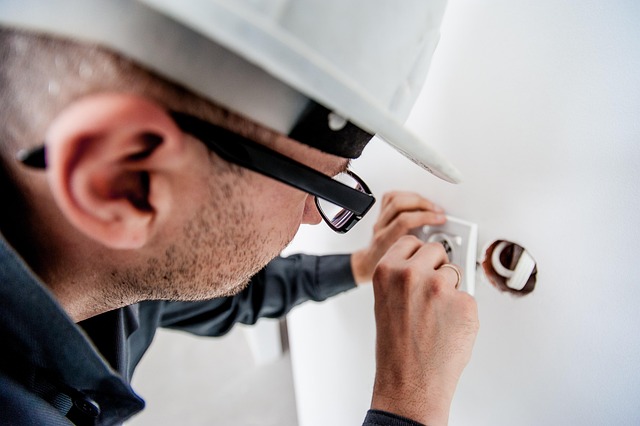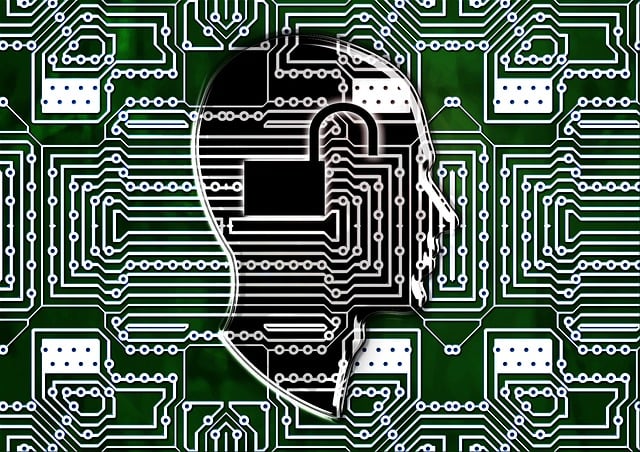Electricians face challenges with outdated fuse boxes in older homes, which pose safety risks. Traditional fuses have limitations like frequent burnouts and slow responses, increasing circuit overloading and electrical damage. Modern circuit breakers offer faster protection against hazards, power surges, and easier resetting. They provide superior overload protection, individual circuit protection for appliances, and clear indicators for prompt issue resolution, benefiting both electricians and homeowners.
Looking to upgrade your home’s electrical system? It’s time to consider replacing those old, clunky fuses with modern circuit breakers. This simple switch can significantly enhance your safety and convenience. Electricians recommend this upgrade due to the limitations of traditional fuses—they’re prone to failure and don’t offer the same level of protection as circuit breakers. By installing modern circuit breakers, you gain increased safety, easier troubleshooting, and faster recovery during power surges, making it a wise investment for any homeowner.
Understanding Old Fuses and Their Limitations

Electricians often come across outdated fuse boxes in older homes, which can pose potential safety risks. Traditional fuses, once prevalent for home wiring, had significant limitations compared to modern circuit breakers. Fuses are designed to protect circuits by blowing when an overcurrent or short circuit is detected, but they have several drawbacks. Firstly, they require frequent replacement as they burn out easily, and their replacement involves cutting and replacing wires, which can be time-consuming. Secondly, fuses offer limited protection for complex electrical systems, as they may not trip in response to certain types of faults. This lack of sensitivity can lead to overloading circuits, increasing the risk of fires or electrical damage.
Modern circuit breakers have revolutionized electrical safety, addressing many of these issues. They are designed with advanced mechanisms that detect and interrupt currents more effectively, ensuring a faster response to potential hazards. Circuit breakers also provide better protection against power surges, which can be common in today’s increasingly electrified world. Moreover, their design allows for easy resetting, making them more convenient for electricians and homeowners alike, as they don’t require the same level of specialized knowledge and tools for replacement compared to traditional fuses.
The Advantages of Modern Circuit Breakers

Modern circuit breakers offer significant advantages over traditional fuses, making them a preferred choice for electricians and homeowners alike. One of the key benefits is their ability to provide superior overload protection. Unlike fuses that can only handle a specific current load and must be replaced when they blow, circuit breakers can detect excessive electrical current and automatically trip, preventing potential damage to wiring and appliances. This self-resetting feature is not only convenient but also ensures the safety of your home’s electrical system.
Additionally, circuit breakers are known for their versatility and ease of use. They come in various ratings, allowing electricians to select the appropriate breaker for each circuit based on its current demands. This customization means that different appliances and fixtures can be protected individually, enhancing overall system management. Moreover, modern circuit breakers often feature clear indicators that signal a tripped breaker, making it effortless for technicians or homeowners to identify and rectify issues promptly.
When it comes to electrical safety, an electrician’s role in replacing old fuses with modern circuit breakers cannot be overstated. Understanding the limitations of outdated fuses and leveraging the advantages of contemporary circuit breakers ensures enhanced protection for homes and businesses. By making this simple upgrade, homeowners can enjoy peace of mind, knowing their electrical systems are equipped to handle modern demands safely and efficiently.
